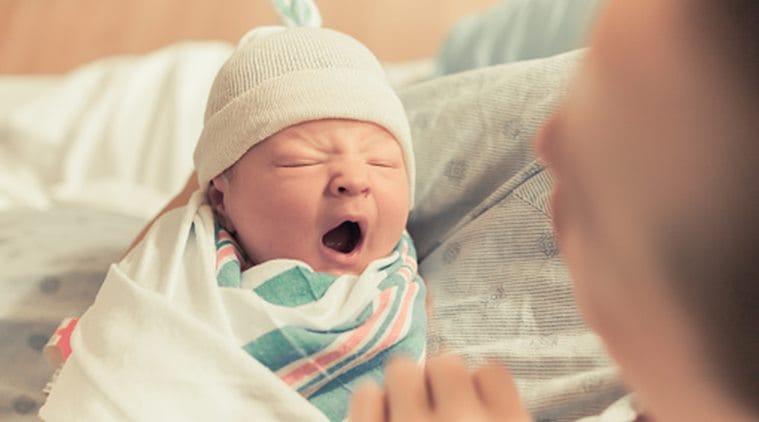Microbiome imbalances have been linked to disorders like asthma, allergies and other inflammatory diseases. Scientists, however, are yet to confirm if a baby's nascent microbiome could ultimately influence these disorders.

Babies born by C-section may not possess much of the mother’s gut bacteria. As per the findings of a study, C-section and the antibiotics that come with it may change the type of bacteria that are first found in a newborn’s gut. The collection of microbes help form the microbiome, details of which are important for long-term health, say scientists.
For the research, babies born vaginally and through C-section were studied. Helpful gut microbes such as Bifidobacterium and Bacteroides were found in the 314 babies born vaginally and made up 68 per cent on average of the total gut bacteria. In babies born by C-section, these bacteria were scarce and had potentially harmful Enterococcus and Clostridium instead, which are commonly found in hospital settings.
That said, scientists also recognise the benefits of C-section. “Caesarean sections are a life-saving and medically necessary intervention…we need a better understanding of their long-term effects on infants,” Lisa Stinson, molecular microbiologist and reproductive biologist, University of Western Australia in Perth, was quoted as saying.
Microbiome imbalances have been linked to disorders like asthma, allergies and other inflammatory diseases. Scientists, however, are yet to confirm if a baby’s nascent microbiome could ultimately influence these disorders.
Again, the antibiotics that mothers undergoing C-section may receive can kill helpful bacteria. The study found that vaginally-born babies whose mothers also took antibiotics had fewer helpful Bacteroides bacteria.
Antobiotics can also affect the microbial mixtures in mothers’ breast milk, said Stinson, which can influence babies’ gut microbiomes. As they start growing older and start eating solid food, the differences in gut bacteria shrank.
Source: Read Full Article





